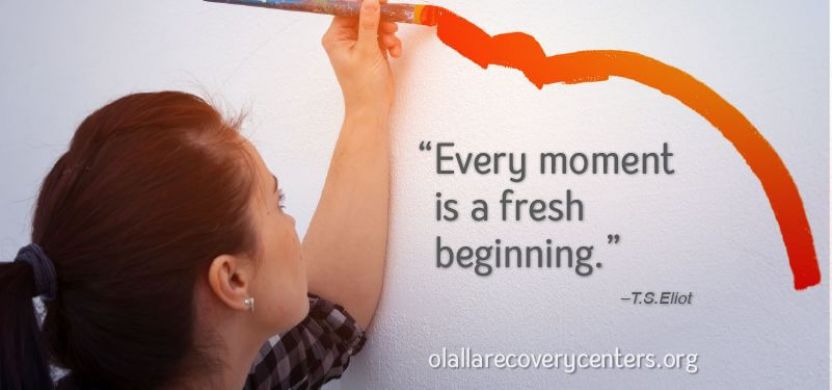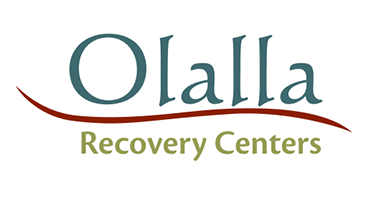
14 Aug 5 Daily Habits to Form on Your Recovery Journey
Every moment is a fresh beginning. — T.S. Eliot
As you begin your journey to recovery from drug or alcohol addiction, one of the biggest challenges is to break your old habits. As an addict, you had certain routines and behaviors — and sobriety leaves a void that you’ll need to fill with new habits.
Don’t expect this to be easy or fast. Think about how long it took you to form your old habits — months? Years? While a popular concept is that it takes 28 to 30 days to form a new habit, some studies have shown that it takes much longer than that. You’re in this for the long haul.
Habits have three basic components:
- Triggers or cues that set off a behavior
- Behaviors or routines
- Rewards that tell the brain to repeat the behavior again
The good news is that you don’t have to change all three in order to break a bad habit.
Let’s take an example. Your birthday or another holiday (the trigger) calls for celebrating, and in the past that meant partying with drugs and alcohol (the behavior). Your felt good in the moment, so the brain remembered this as a reward.
To break the habit, you only need to change the behavior (the partying) that results from the trigger (the celebratory occasion). That means looking for alternative ways to celebrate and party the sober way. You’ll create a different type of reward — enjoying a good time with friends and family — and you’ll be establishing a new habit.
Ready to start on a new path? Here are some healthy habits that will help you become stronger physically, mentally and spiritually.
Keep a daily journal. I mentioned earlier the power of keeping a gratitude journal, which can help you stay positive when you hit a rough patch. A daily journal is different — daily journaling helps you process and organize your thoughts and think introspectively about the complexities and difficulties you’re going through.
Start an exercise routine. Many of us wince at the idea of going to the gym or going for a run, so let’s get this straight: No one is expecting you to start training for a marathon or join your neighborhood athletic club. Exercise can be as simple as walking or weeding in the garden.
Start taking 20-minute brisk walks every morning, and you’ll instantly begin your days with better mood and energy. You can always build on that later with more high-impact physical activities.
Find a creative outlet. An artistic activity, such as creative writing, music or painting, gives you another outlet for expressing your feelings, processing your emotions and giving you a fresh perspective.
Check with your community college or parks department, as they typically offer a variety of inexpensive classes. How about a dance class — you get the double benefit of exercise!
Establish a sleep schedule. When you start sobriety, your sleep patterns may become disrupted, which could increase the risk of relapse. Stick to a schedule and plan on seven to eight hours of sleep.
If you have difficulty falling asleep, try relaxation music. Sleep apps are great, but leaving your phone next to your bed is disruptive to your sleep in itself. Use a portable Bluetooth speaker near the bed, but leave the phone somewhere else.
Stay accountable. Recovery is not a road you can successfully walk alone. One of your most-important new habits is to stay in touch regularly with your accountability partners.
Your counselor, recovery mentor or coach; your monthly birthday meetings at Olalla Lodge (on third Saturday of every month); your group counseling sessions — these are all resources that can help you stay on track. Make these meetings part of your routine, and don’t hesitate to ask for help.


